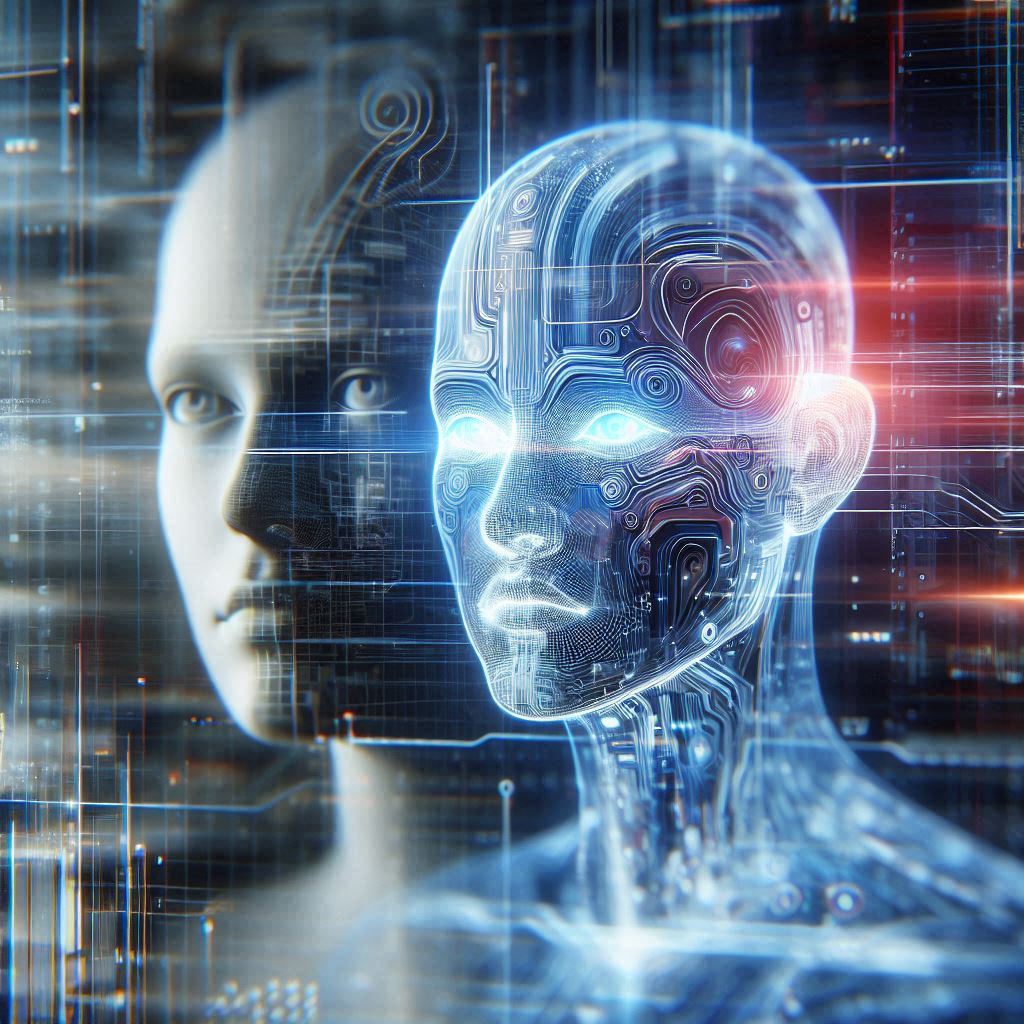
Generative AI (GenAI) is one of the most revolutionary technologies in our times. Our collective journey of GenAI adoption will unleash significant system-level unintended consequences. There is significant attention devoted to the existential risk posed by AI. This has been articulated1 by Geoffrey Hinton—Turing Prize Winner and an early proponent of Convolutional Neural Networks. In this blog we highlight four non-existential unintended consequences and its significance bringing out the challenges of Generative AI. These four unintended consequences are by no means an exhaustive list.
The Fragmentation of Web-Search
At the turn of the first decade of the century, the inter-operability of the World Wide Web dropped significantly due to the increasing use of the mobile apps. The mobile apps offered more convenience, but they created silos2. The role of the browser —-with clicking of links to move between websites— dropped. Web-search is generally considered a natural monopoly3 and we do have a dominant single player in web-search but that may not be the case for GenAI model based web-search. The cycle of using users’ implicit and explicit feedback will stay solely with each specific GenAI model based web-search provider (Google Search, Bing Search, …) This will mean a fragmentation of web- search and ceteris paribus that could potentially be detrimental to the quality of web- search results.
Challenges for Crowdsourcing Initiatives
Stackoverflow was founded in the year 2008. Github too was founded in that year. For more than a decade, Stackoverflow has been a very useful resource for most programmers. It has seen a reduction4 in contributions. Wikipedia—one of the world’s top websites —no longer seems to have a secular increase in contribution of new articles5. If that’s the impact of GenAI on the most successful crowdsourcing initiatives, then it could be disastrous for other crowdsourcing initiatives. In the short run the users may find that GenAI is easier to use than Wikipedia and Stack overflow. Let me explain. Programmers are increasingly using GenAI models for assistance with a snippet of code—something for which they may have previously used Stack overflow. This is quicker and simpler but the output of the GenAI model is not available to all but only to that programmer. The future GenAI models may not have as rich a training data that includes Stack overflow and Wikipedia!
The “Stochastic Parrot” Debate & Intellectual Property Ambiguities
The adverse impact on crowdsourcing initiatives will be even more worrying if the Large Language Models (LLMs) do not have genuine intelligence—and understand what has been generated—but are a “stochastic parrot”6 —as suggested by Yann LeCun, an early proponent of the backpropagation algorithm and Turing Prize winner— that does not contribute to the body of knowledge (think: new code snippets, new articles). While the jury is still out7, 8 the ARC puzzle test9 and the LLMs difficulty in easily cracking these puzzles, should at a minimum suggest a trust, but verify9 approach given the significant divergence in opinion among the leading lights in the field of AI.
There are significant ambiguities about the intellectual property ownership of the output of an LLM trained on scraped data created by a global community10. There are certain tactical legal measures11 to address this uncertainty temporarily. However, as argued by Tomas Mikolov—the creator of one the world’s first pioneering word embedding models—: how can the person who pushes the last button that generates the LLM Model output claim intellectually property ownership12? The existing social contract for incentivizing incremental innovation by giving the patent owner exclusive rights for a 20 year period may not be the right incentive in the future. Mikolov suggests that new social contract is required.
Sustainable and Transparent Economic Model for GenAI
As Microsoft Charmain and CEO Satya Nadella said in a recent podcast with Dwarkesh Patel— the “AGI hype” notwithstanding— AI ought to generate real 10% global economic growth given the truly transformational potential of the technology13. Currently, at scale this may not be sustainable given the energy consumption required if GenAI model-model based web-search entirely replaces the existing web-search14. GenAI puts at risk the existing Attention Economy—even with its shortcomings— without a compelling alternative even as early attempts are being made15, 16. As Tim Berners-Lee—inventor of the world wide web and Turing Prize winner— suggests you should ask your LLM : who does it work for? You will likely get an honest answer17.
Opportunity for a New Digital Architecture
The unintended consequences of GenAI are posing complex interlinked challenges of Generative AI. In my opinion this presents an opportunity for creating a new architecture for our digital infrastructure. The new architecture could avoid the adverse impact of the fragmentation of web-search, it could facilitate contribution to the body of knowledge by supplementing crowdsourcing and incorporate a sustainable and transparent economic model that respects data privacy and works for the interests of the end-consumer, and address a once in century opportunity to redesign the social contract for innovation. If we miss this opportunity, we may have to deal with the unintended consequences for a long time to come. Brushing these consequences under the carpet is surely not an option. What do you think?
References:
1: Why The “Godfather of AI” Now Fears His Own Creation | Geoffrey Hinton
2: Three decades after inventing the web, Tim Berners-Lee has some ideas on how to fix it – YouTube
3: Does Google Have Too Much Market Power? | Chicago Booth Review
4: Are LLMs making StackOverflow irrelevant?
5: Wikipedia: Statistics – Wikipedia
9: Trust, but verify – Wikipedia
10: Customer Copyright Commitment Required Mitigations | Microsoft Learn
11:Intellectual property issues in artificial intelligence trained on scraped data
12: AI and Art – Discussion panel, Mouvo 2023
13: Satya Nadella – Microsoft’s AGI Plan & Quantum Breakthrough
17: Why Tim Berners-Lee Wants to Rethink the Internet | Emma Barnett Meets
Aniruddha M Godbole is an AI Solution Architect. He has ~20 years of experience in AI, Data Science and Analytics. He has worked on more than 30 GenAI projects. Aniruddha is a co-author of Packt Publishing’s international publication “Natural Language Processing Workshop” (August 2020). Aniruddha holds an MS in Data Science from Indiana University. These are his personal views.
